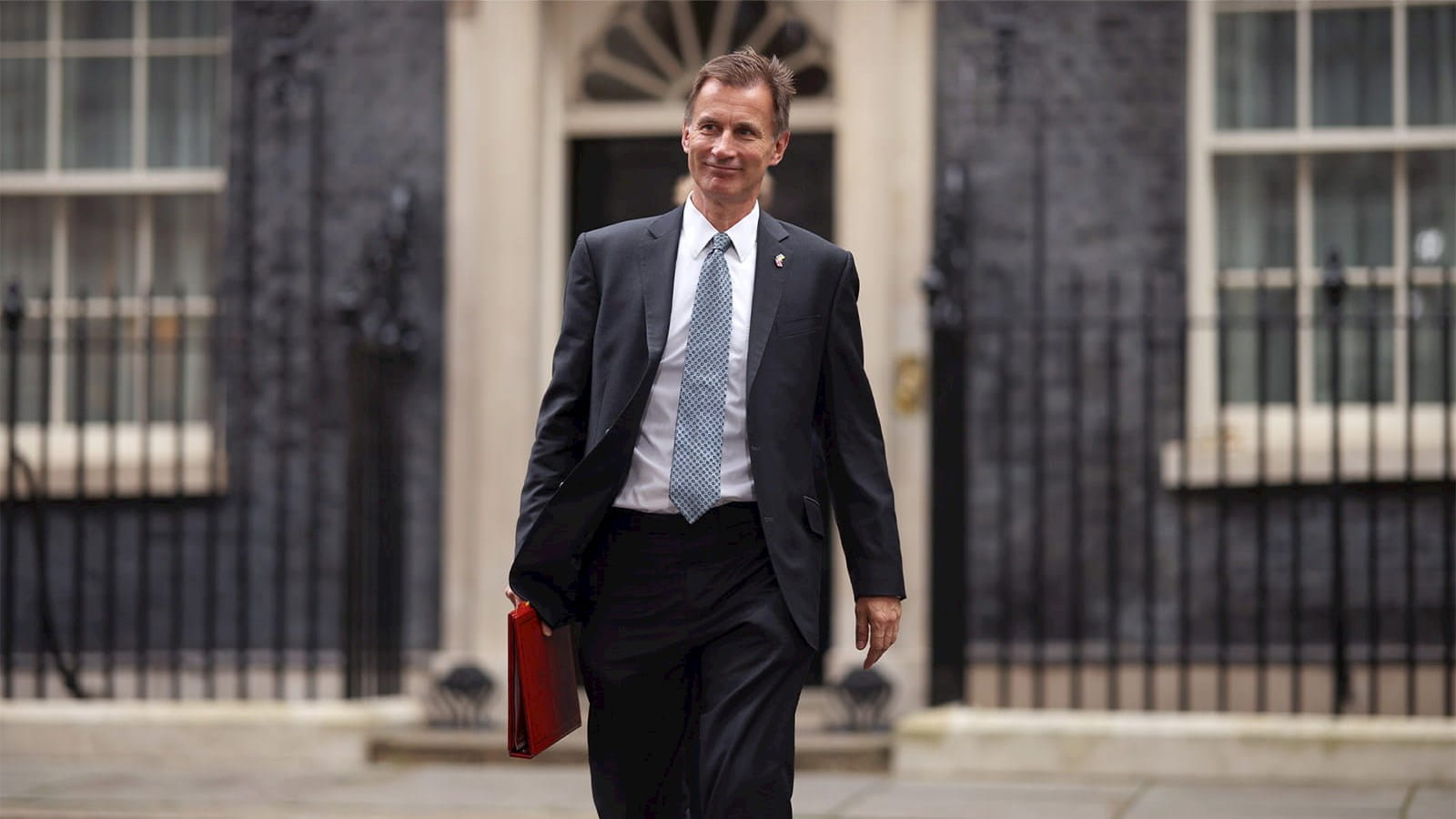Ahead of the Spring Budget on 15 March, ICAEW’s Tax Faculty summarises the tax-related consultations and reviews that are underway.
HMRC’s tax policy consultation tracker was last updated on 18 November 2022, the date of the Autumn Statement. However, consultations have been released since that date.
Other government departments are also consulting on areas that could have an impact on tax-related issues such as the labour market and cross-border trade. This article provides a reminder of the consultations where feedback is being reviewed, and other reviews and consultations in progress.
Consultations where feedback is being reviewed
It is notable from the table below that many of the consultations that closed just over a year ago (and earlier) have not yet been responded to by the government. This might be a reflection of the fact that we have had three prime ministers, four chancellors and three financial secretaries to the Treasury.
Many of the consultations that closed just over a year ago (and earlier) have not yet been responded to by the government
The Budget often provides an opportunity for the government to announce tax policy direction and publish consultation outcomes. Will a flurry of consultation outcomes be published on 15 March?
By the time of the Spring Budget, HM Treasury’s consultation on a single R&D tax relief scheme will also have closed. However, if responses are to be properly considered, the Budget will be too soon for any announcement on the direction of travel.
Other reviews
On Making Tax Digital (MTD), a review is underway of how MTD income tax self assessment should apply to small businesses and landlords, especially those with turnover under £30,000.
The Tax Administration Framework Review (TAFR) remains live. It should be remembered that TAFR initiated basis period reform. Two particular strands of work may lead to further consultations on compliance (Assessment Powers, Information & Inspection Powers and Civil Sanctions & Safeguards) and simplification (Registration, Filing and Record Keeping). Furthermore, an in-year calculation (timely payment) pilot is expected sometime in 2024.
Although the scope of work specifically excluded tax rates, Matt Warman MP’s Future of Work Review highlights the need for the government to consider four key areas, namely:
- artificial intelligence and automation;
- skills;
- place and flexibility; and
- worker’s rights (in particular resolving the tension between corporate tax structures and the resulting deficits in workers’ rights).
We didn’t have a Budget in 2022. However, the Spring Statement on 23 March set out various options for reforming the UK’s capital allowance regime. This was followed by a policy paper (rather than a consultation) in May 2022 – Potential Reforms to UK’s Capital Allowance Regime – Inviting views. While the annual investment allowance is to be permanently increased, are the other options still being considered?
The VAT treatment of electric vehicle charging is in a real muddle. Revenue and Customs Brief 1 (2022): reviewing how to claim VAT when charging electric vehicles for business purposes announced that HMRC is reviewing how VAT is claimed for the cost of charging electric vehicles that are used for business purposes and how to account for VAT for any private use. Chris Skidmore MP’s report Mission Zero: Independent Review of Net Zero also highlights that VAT is charged on domestic electricity bills at the reduced rate (5%), but is currently charged on public electric vehicle charging at the standard rate (20%). The review calls for these rates to be balanced, although it falls short of recommending a rate. The Budget could provide a platform for announcing a change.
Skidmore’s report also recommends that: “By autumn 2023, government should review how to incentivise greater R&D for net zero, including considering the role of clarity on research priorities and government support, tax credits, greater ring-fencing of R&D spend, and enabling regulations.” Similarly, the report suggests that HM Treasury considers a successor to the super-deduction tax relief with a focus on increasing investment in low-carbon technologies.
No doubt we will hear the word ‘simplification’. Responsibility for tax simplification now lies with HMRC and HM Treasury. The Office of Tax Simplification has created a considerable body of work. Will any of its recommendations be dusted off?
There remains the question of how HMRC’s project for raising standards in the tax advice market will evolve. The focus has recently moved to high-risk areas such as high-volume repayment agents and the research and development sector. Legislation is expected to prohibit deeds of assignment for income tax. Could there be a consultation on possible regulation of the tax profession?
Hear the Tax Faculty’s reaction to the Budget in its webinar on 17 March, 14:00-15:00.
Read ICAEW’s coverage of the Budget
Follow ICAEW’s Tax Faculty live on Twitter on Budget Day
